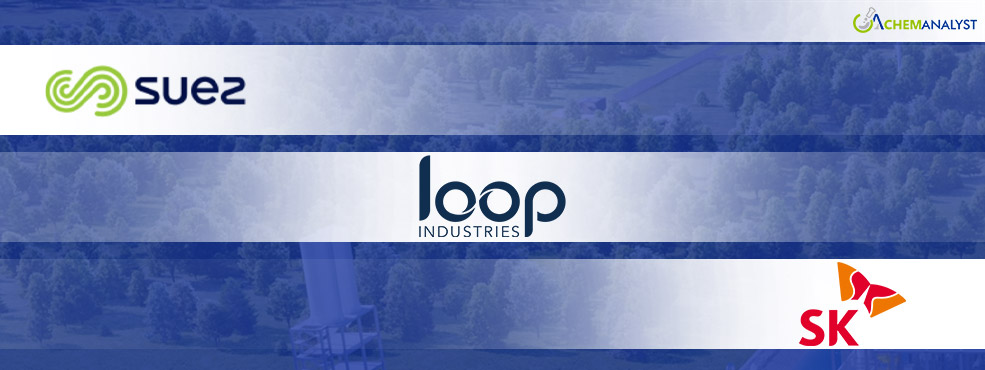Welcome To ChemAnalyst

Suez, along with its partners Loop Industries and SK Geo Centric, has decided to abandon plans for a large-scale chemical recycling plant for PET in Saint-Avold, France. The project was first announced in February 2023, with environmental services group Suez collaborating with technology supplier Loop Industries and the South Korean company SK Geo Centric (SKGC). According to the several news, in early November, Suez opted not to exercise its option to purchase the land designated for the plant. Despite receiving public funding, the project has been put on hold indefinitely, with construction originally slated to begin in the first quarter of 2025.
Suez confirmed in a statement to France Info that the three companies involved mutually agreed to halt the project. Despite this decision, Suez expressed ongoing support for Loop Industries’ next-generation "molecular processing" technology, which was intended to be utilized at the facility. The company emphasized that it would continue its research and development work in this area, signaling that it still believes in the potential of this advanced recycling technology for the future.
At the time of the project’s announcement, it was expected that €450 million would be invested in the plant, which was to be built in the Lorraine region near the German border. The facility was projected to create around 200 jobs, providing a significant economic boost to the area. However, in light of rising costs and challenging macroeconomic conditions, the decision to cancel the plant’s development was made. The companies involved cited “inflationary cost growth” as a key factor in their decision, alongside the broader economic uncertainty that has affected many large-scale projects in recent months.
The abandonment of the Saint-Avold recycling plant is a significant setback for Suez, Loop Industries, and SK Geo Centric in their efforts to advance chemical recycling technology, particularly for PET, which is commonly used in packaging. This project was seen as a major step toward addressing the global demand for more sustainable recycling solutions. Despite the cancellation of the facility, Suez’s commitment to the development of molecular processing technology indicates that the company is still invested in the long-term potential of next-generation recycling methods.
The decision to halt the project highlights the difficulties that companies face when undertaking ambitious environmental initiatives in today’s economic climate. Factors like inflation, rising material costs, and uncertain market conditions can pose significant challenges to large-scale sustainability projects, even when they have strong backing and public funding. While the Saint-Avold plant may not move forward, it is clear that research into sustainable recycling technologies will continue to be a key focus for the companies involved.
We use cookies to deliver the best possible experience on our website. To learn more, visit our Privacy Policy. By continuing to use this site or by closing this box, you consent to our use of cookies. More info.
